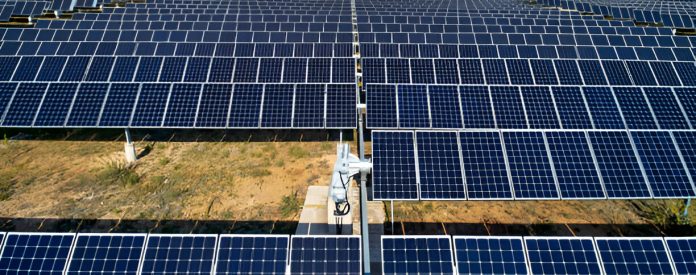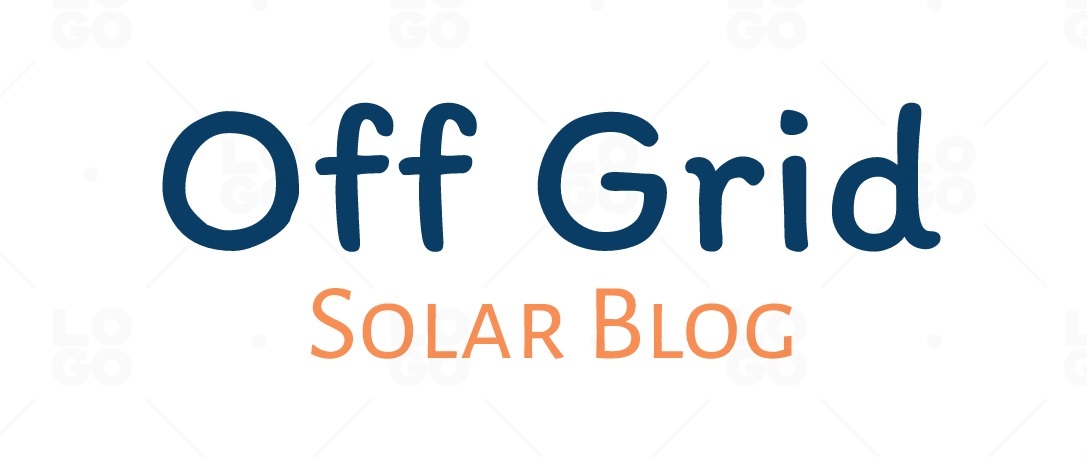Solar energy is revolutionizing how we power our homes and businesses, offering sustainable and cost-effective solutions to energy needs. However, when deciding to go solar, one of the most crucial choices you’ll face is whether to opt for an off-grid solar system or an on-grid system. Each has unique benefits and challenges, and the right choice depends on your energy goals, location, and budget.
What Is an Off-Grid Solar System?
An off-grid solar system operates independently of the electrical grid. It generates electricity using solar panels and stores excess energy in batteries for later use. This system is ideal for remote locations or that seeking complete energy independence.
Key Features:
– Operates independently of utility companies.
– Requires battery storage for power during non-sunny periods.
– Often includes a backup generator for emergencies.
What Is an On-Grid Solar System?
An on-grid solar system, also known as a grid-tied system, is connected to the local utility grid. It allows you to draw power from the grid when solar energy production is insufficient and to send excess energy back to the grid, often earning credits through net metering programs.
Key Features:
– Relies on the utility grid for supplemental power.
– Does not require batteries, reducing upfront costs.
– Offers the potential to lower utility bills through net metering.
Pros and Cons of Off-Grid Solar Systems
Pros:
– Energy independence: Perfect for remote areas or self-sustained living.
– Freedom from utility outages and rate hikes.
– Environmentally friendly if powered solely by renewable energy sources.
Cons:
– Higher upfront costs due to batteries and backup systems.
– Requires careful planning to ensure adequate energy storage.
– Maintenance of batteries can be time-consuming.
Pros and Cons of On-Grid Solar Systems
Pros:
– Lower upfront costs since batteries are not needed.
– Access to the grid ensures consistent power.
– Potential for reduced energy bills through net metering.
Cons:
– No power during grid outages unless combined with a battery backup.
– Limited energy independence.
– Environmental impact depends on the grid’s energy mix.
Which Is Right for You?
Choosing between an off-grid and on-grid solar system depends on your circumstances and priorities.
Choose Off-Grid If:
– You live in a remote location without access to the grid.
– You want complete independence from utility companies.
– You’re prepared for a higher upfront investment for energy freedom.
Choose On-Grid If:
– You have reliable access to the grid.
– You want a more affordable solar energy solution.
– You’re interested in offsetting your energy bills without significant lifestyle changes.
Hybrid Solar Systems – The Best of Both Worlds
For those seeking a middle ground, hybrid solar systems offer the benefits of both off-grid and on-grid setups. They use batteries for backup power but remain connected to the grid for supplemental energy. This flexibility allows you to enjoy energy independence and grid reliability simultaneously.
The decision between off-grid and on-grid solar systems is not one-size-fits-all. It depends on your energy needs, location, budget, and long-term goals. By understanding the advantages and limitations of each system, you can make an informed choice that aligns with your vision for a sustainable and energy-efficient future.
No matter which system you choose, going solar is a step toward reducing your carbon footprint and embracing renewable energy. Take the leap and power your life with the sun!




